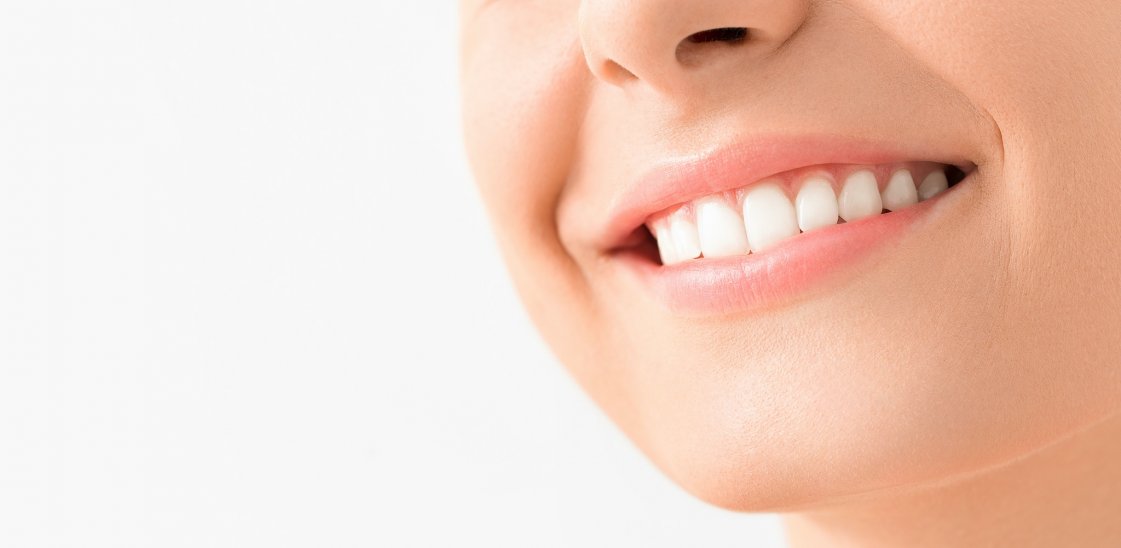
Sets of teeth in humans
There’s a good chance that you understand the importance of dental hygiene, and that in order to look after your oral health properly and avoid developing teeth-related problems, you must make sure that you are brushing and flossing your teeth regularly, in addition to visiting your dentist for routine check-ups. But how much do you really know about your teeth?
In this article, you’ll discover more about your teeth, including how many sets humans have and why, and you’ll even find out if it’s possible to grow extras too.
How many sets of teeth do humans have?
Every human will have two sets of teeth over their lifetime – a set of baby teeth and a set of adult teeth.
Babies start to develop teeth before they are born, but they often don’t make an appearance through the gum until they are around six to 12 months old. By the age of three, most children will have a full set of 20 teeth. These are sometimes referred to as baby or milk teeth. Once they’ve reached around five or six years of age, this set of teeth will start to fall out to make way for adult teeth.
By the age of 12 to 14, the majority of children have lost all of their baby teeth and instead have a full set of adult teeth. In total, there are 32 adult teeth, the last four of which usually emerge much later on between the ages of 17 and 21. These are known as wisdom teeth.[1]
Is it possible to grow a third set of teeth?
It’s unlikely that humans will ever evolve to have more than two sets of teeth – but did you know that it is actually possible to develop extra teeth? This is known as hyperdontia – a condition that causes too many teeth to grow in the mouth. These additional teeth are known as supernumerary teeth, and they can grow anywhere in the curved areas of the mouth where the teeth attach to the jaw.
The exact cause of hyperdontia is unknown, but it is thought to be linked to some hereditary conditions. Hyperdontia can be quickly diagnosed if the extra teeth are already fully developed. If the teeth have not yet grown in, it’s likely they will show up on an X-ray carried out by a dental professional.
In some cases, hyperdontia does not require any treatment, but the additional teeth may need to be removed if they are causing pain and discomfort due to overcrowding in the mouth, or if they are having an impact on chewing and the ability to eat food. The teeth may also need to be taken out if they are causing issues with brushing and flossing, as this may lead to plaque buildup, tooth decay and even gum disease.[2]
Why do humans grow two sets of teeth?
Baby teeth are essential for the development of jaw structure and shape, and they help aid with speech development and, of course, give you the ability to chew food throughout childhood. But since teeth can’t actually grow and remain the same size once they are fully developed, bigger, adult-sized teeth are needed in order to accommodate your changing jaw size as you develop from a child into an adult.
Both sets of teeth are extremely important, so it’s crucial that you establish healthy dental habits from an early age and continue this into adulthood. Failure to take good care of your teeth can result in a number of problems, such as gum disease and tooth decay. If left untreated, these problems could lead to tooth loss. While there are dental treatments available to help rectify these issues, it can be extremely expensive. To avoid this altogether, you should ideally brush your teeth at least twice a day for two minutes each time, floss on a daily basis and attend regular dental check-ups.[3]
Resources:
[2] Subasioglu, Aslı et al. “Genetic background of supernumerary teeth.” European journal of dentistry vol. 9,1 (2015): 153-158. doi:10.4103/1305-7456.149670 Available at: https://www.ncbi.nlm.nih.gov/pmc/articles/PMC4319293/
[3] https://www.nhs.uk/live-well/healthy-teeth-and-gums/how-to-keep-your-teeth-clean/




